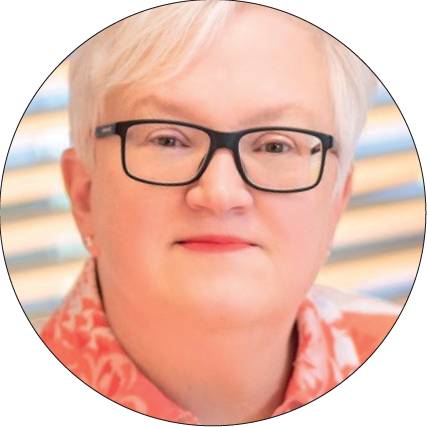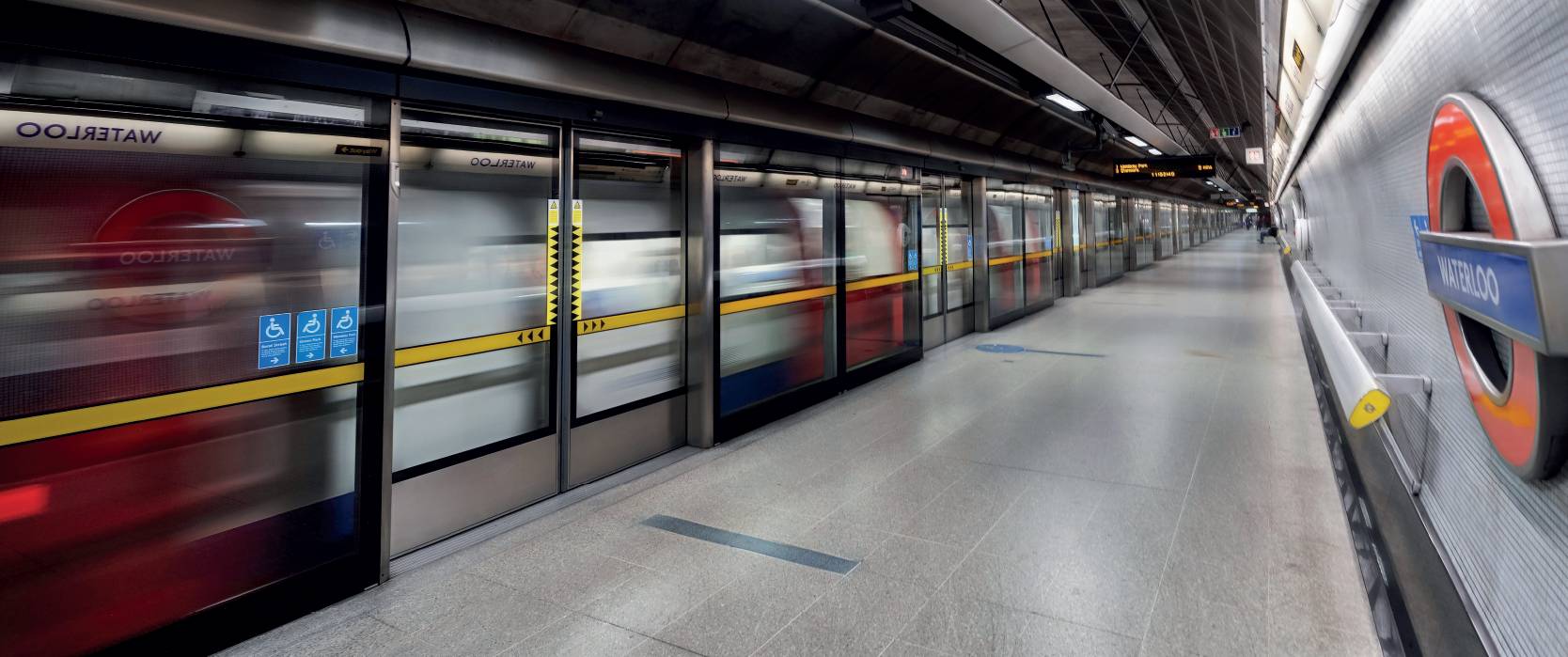The Interview | Susan Francombe, Adjudication Society
Adjudication benefits engineers and engineers can benefit adjudication
By Claire Smith
I might be doing myself out of a job but I am passionate about wanting to make the construction and building industry better by removing issues that cause disputes,” says independent adjudicator and civil engineer Susan Francombe. “But, when they do occur, I’d like to get the industry to the point where they are resolved more quickly.”
Francombe is set to take up the role of chair of the Adjudication Society – as the first woman and first civil engineer to hold the post – putting her in a good position to deliver on her passions.
 SUSAN FRANCOMBE
SUSAN FRANCOMBE
This year marks 25 years since the UK construction sector started to use adjudication for dispute resolution and it is now firmly established in the sector.
However, Francombe believes that more engineers would benefit from understanding the process and that the process itself would also benefit from having more civil engineers as adjudicators.
Adjudication is a “fast track” binding method of dispute resolution introduced by section 108 of the Housing Grants, Construction & Regeneration Act 1996 which was formally adopted two years later. Adjudication is available under all relevant construction contracts and disputes are decided by an independent and impartial adjudicator who is agreed on by both parties.
It can be a very inexpensive method of resolving disputes on construction projects, avoiding the need to resort to lengthy and expensive court procedures.
With adjudication newly introduced, the Adjudication Society came into being two years later in 2000 with the aim of spreading knowledge about the process. Its members are a mix of construction lawyers, claims consultants, engineers, architects and quantity surveyors. “Generally anyone involved in the construction industry,” Francombe explains.
“It’s for anyone who’s interested in learning more about adjudication and how it could work for them.”
In her new role as the society’s chair, which she takes on for a two-year tenure from 30 November, Francombe is determined to ensure the sector improves its understanding of the process.
“There there’s a whole world out there of different ways of resolving disputes, which can often be better than going to court“‘I’m going to go to court’ seems to be the only thing that people know, whereas there is a whole arc of other alternatives to going to court available,” she says. “So you’ve got mediation, you’ve got negotiation, you’ve got expert determination, you’ve got adjudication. There’s a whole world out there of different ways of resolving disputes, which can often be better than going to court.”
According to Francombe, the process resolves disputes more quickly and can also be done while the work is in progress, getting everyone back to delivering it faster.
